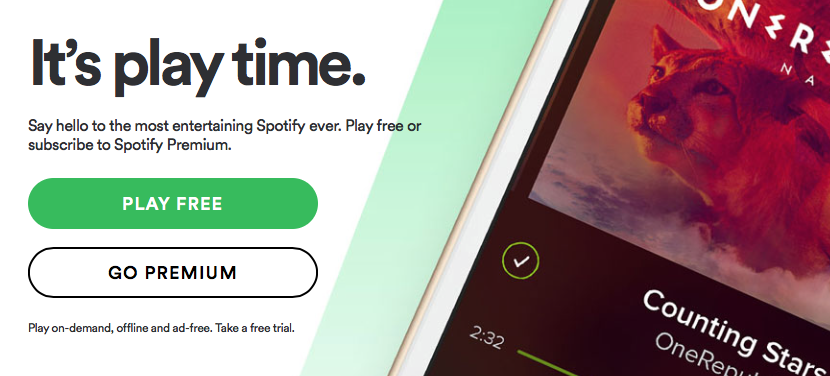
Last week, we published an article on how to block ads in Safari using content blockers in iOS 9. While the new content blocking apps for iOS 9 can make your browsing experience less-cluttered and more pleasant, there are some negatives to using these apps. The inclusion of content-blocking apps to the App Store is perhaps the most controversial update Apple has made to their mobile operating system. So controversial, in fact, that Marco Arment, the developer of the Peace ad-blocking app, removed the app from the App Store last week after toping #1 in the top paid apps chart.
Why Are Content Blockers Controversial?
At first glance, the concept of blocking ads from Safari seems like an innocent thing to do. Sure, there are lots of annoying ads on the Internet and ads presented on mobile platforms can be especially intrusive to the browsing experience. Why not block these ads? The issue isn't with blocking the extremely obtrusive and unethical ads, its with blocking less-intrusive and relevant ads from ethical sources.
Why Do Mobile Ads Exist?
Before answering why content blockers are so controversial, we need to examine how digital advertising works and why mobile ads in Safari even exist. Some readers may already understand this model, but publishers (creators of websites and content that you consume in Safari) rely on the income provided by advertisers to make money. Companies wishing to promote their products, brand or services through mobile platforms often do this by paying publishers for hosting ads on the publishers site(s). How publishers get paid by advertisers varies, but essentially - if you block ads in Safari, you hinder advertising revenue streams to publishers.
A common model of digital and online advertising

Why is this a Problem?
"So what? I don't care if publishers make less money because I'm blocking their ads." This may seem like a rational thought, but here's the issue: most free content that you consume online is only free due to the existence of advertising. Think about a few favorite websites that you frequently visit. Here are a few of mine: Facebook, Mashable, Tech Crunch, and of course - Google. Every single one of these sites are able to offer content to consumers for free because they host ads. While these examples are of larger companies who have other ways of making money, the independent bloggers and content creators of the world usually rely solely on advertising dollars as their primary source of income.
This is the exact reason why Marco Arment removed Peace from the App Store. He stated, "Achieving this much success with Peace just doesn’t feel good, which I didn’t anticipate, but probably should have. Ad blockers come with an important asterisk: while they do benefit a ton of people in major ways, they also hurt some, including many who don’t deserve the hit."
App developer and creator of Peace, Marco Arment

Here is Marco's entire blog post on the removal of Peace from the App Store.
Why Don't Publishers Make Money Some Other Way?
"Whatever, these publishers should pivot and find other ways of making money." Not a bad idea, and I'm sure there will be some who do come up with creative ways to rely less on advertising revenue, but many solutions do not bode well for you - the consumer. Many websites that offer content can pick between two revenue models to make money: they can either provide the content for free, accompanied with ads, or they can offer ad-free content for consumers to pay for either on a one-time or subscription basis. There are some publishers who do a mix of both, offering free content with ads while simultaneously offering "premium" subscriptions that are ad-free and often include exclusive content.
Spotify, the popular streaming audio app, offers both a free and premium model for customers.

Here's the bottom line: if you are willing to block ads entirely out of your browsing experience, you should also be willing (and expect) to pay for content that you used to get for free.
What Are the Alternatives to Using Content Blockers?
"Okay. I really hate ads, but I don't want to hurt ethical publishers that rely on advertising dollars. What should I do?"
Whitelisting
If you still want to use content blockers after reading this post, but don't want to hurt publishers that you trust and like, you can "whitelist" their sites within your content blocker. Most of the popular content blockers available (read our post to get a glimpse at four of them) offer a whitelisting feature within their app. To whitelist a website means that you are giving permission to the content blocker to allow ads from a specific source. Check your content blocker settings to set up whitelisting.
Change Your Safari Settings
Through the iOS settings, you can tweak some options that will more or less reduce the amount of ads and popups you experience while browsing in Safari. Check out our post on this topic to learn more.
What do you think? Are you planning on using or are currently using a content blocker in iOS 9? Tell us in the comments below!